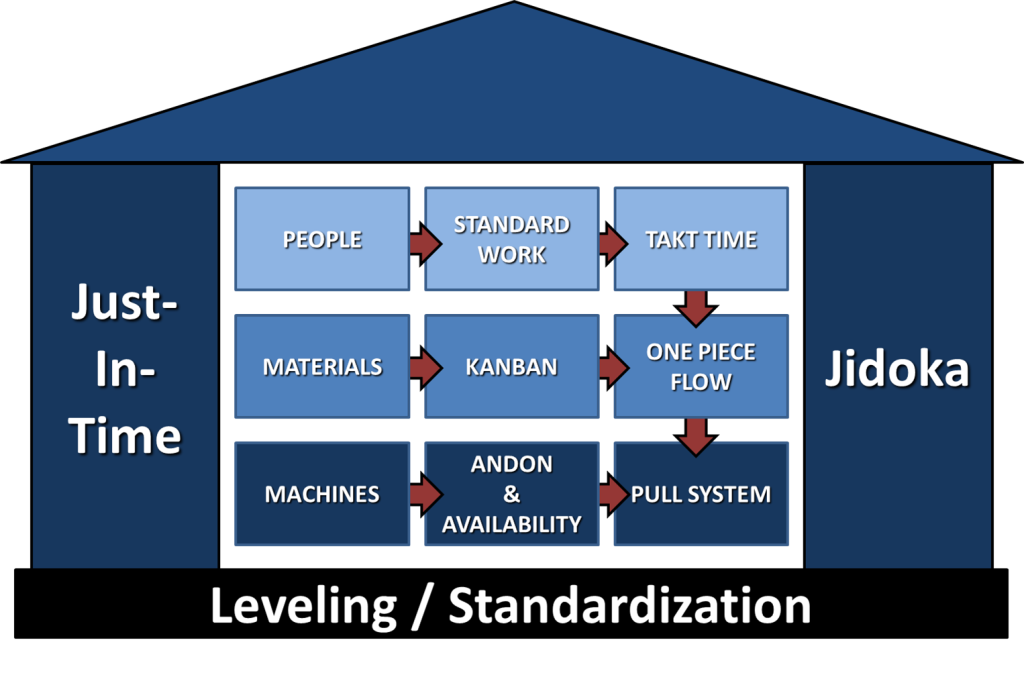Many years ago I worked with a senior manager. He was very savvy about continuous improvement and TPS – he had been engaging in the space for many years before the word “lean” entered the lexicon. He understood it at a deep systems level, saw how all of the pieces interacted into a coherent whole, and was incisive in his observations (in spite of his disarming demeanor that led one to (wrongly) conclude he only saw superficial things.)
Like many of us, though, he was searching for a concise way explain how it all works to others. I think his underlying assumption was something like, “If they could just understand the system, then they would adopt the principles.” That, then, translated to, “If I could just explain it well enough, they would understand it.”
What I saw was that he was continually trying to create the ideal model, diagram, that he could use to create this enlightenment.
It seems so simple. The foundational principles are simple. It is putting everything into consistent practice that is daunting. The organization, as a whole, has to learn to think differently.
I used to do the same thing – maybe because he was a bit of a mentor to me, and I was often a sounding board for his latest models. Those were incredibly [some superlative word here] conversations because I, like he, really enjoyed having my systems thinking pushed by someone willing to challenge it (and vice-versa).
In the end, though, I think this is a futile exercise. He and I could have that conversation because we both deeply understood what we were attempting to explain. But our understanding was gained through years of trying it and learning from whatever results we observed.
What I know today is the nature of the questions to ask, with the intent of provoking thought, but I am carrying the belief that my role is to help shape their journey through their own discovery of how it all works.
What has been your experience with the perfect model?
